By _shalini oraon

An Ideological Iron Curtain? The Barring of a University of London Professor and India’s Shrinking Democratic Space
In a move that has sent ripples through academic and political circles, Professor Alessandra Cappelletti, a legal scholar from the University of London, was recently denied entry into India upon arriving at the Bengaluru airport. Officially, the reason cited was “violation of Indian visa norms.” Her passport was stamped with the phrase “blacklisted upon arrival,” and she was deported after being detained overnight. This incident, however, is far more than a simple case of an administrative oversight; it is the latest and one of the most stark examples of a deepening pattern where India is using visa policy as a tool to erect an ideological iron curtain, controlling the narrative within its borders and silencing critical international voices.
Professor Cappelletti was not a tourist unaware of local laws. She was an invited guest, scheduled to teach a two-week course on “International Law and the Global Economy” at the prestigious Jindal Global Law School (JGLS). Her visa, obtained in advance, was ostensibly in order. The specific “violation” remains shrouded in the opaque bureaucracy of India’s Ministry of Home Affairs, but the context is deeply revealing. Cappelletti’s research and public commentary have been critical of the Indian government’s actions in Kashmir, particularly the 2019 revocation of the region’s special status and the accompanying security and communications lockdown. While the government maintains a strict policy of not commenting on individual visa cases, the circumstantial evidence points overwhelmingly towards her scholarly views as the true reason for her exclusion.
The Chilling Effect on Academic Freedom and International Exchange
The barring of an accredited academic from fulfilling a teaching commitment represents a direct assault on the core principles of university autonomy and intellectual exchange. JGLS, a institution built on the promise of global engagement, was left unable to deliver a promised curriculum to its students. The students themselves were denied access to a specialist perspective, a core tenet of a holistic legal education. This incident sends a chilling message to universities across India: your international collaborations are subject to political veto. It forces institutions to second-guess their invitations, to engage in a form of self-censorship, asking not “is this scholar an expert in their field?” but rather “are this scholar’s views palatable to the current government?”
This fear is not unfounded. The list of foreign scholars, journalists, and activists denied entry or whose visas have been delayed or revoked has grown steadily longer. In 2023, a World Bank official was reportedly denied a visa for a UN event. Earlier, a German student was deported after researching trade unions in Mumbai. These are not isolated incidents but part of a broader, more systematic effort to control the flow of information and critique. For a nation that prides itself on its vibrant democracy and ancient traditions of debate and scholarship, this inward turn is profoundly damaging. It suggests a deep-seated insecurity, a fragility that cannot tolerate external scrutiny or dissent.
The Opaque Weaponization of Bureaucracy
The Indian government’s use of vague “visa violations” as the public reason for these denials is a masterclass in bureaucratic obfuscation. It is a tactic that allows for plausible deniability while achieving a clear political objective. By not specifying the exact violation, the state avoids a direct, defensible confrontation over the individual’s political views. Instead, it shrouds the decision in the impenetrable language of administrative procedure, making it nearly impossible to challenge or appeal. The term “blacklisted” is particularly severe, implying a permanent stain that could jeopardize any future travel not just to India, but potentially to other countries as well.
This weaponization of bureaucracy creates a climate of profound uncertainty. It signals to the global academic community that engaging with India on sensitive topics—which now encompass human rights, environmental policy, religious freedom, and Kashmir—is a professional risk. Why invest time in building partnerships, applying for grants, or designing courses if a last-minute deportation at the airport is a real possibility? The cost is not just to the individual scholar but to India’s own standing in the global marketplace of ideas. It risks turning the country’s universities into intellectual islands, cut off from the rigorous, and often critical, debates that are essential for academic and social progress.
A Symptom of a Larger Democratic Erosion
The Cappelletti incident cannot be viewed in isolation from the wider landscape of shrinking democratic freedoms in India. Domestically, journalists, activists, and opposition politicians have faced intense pressure, including legal harassment and imprisonment under laws like the Unlawful Activities (Prevention) Act. Non-governmental organizations have had their foreign funding licenses revoked, crippling their operations. The barring of a foreign academic is the external-facing component of this same apparatus of control. It is an attempt to manage India’s international image by preventing credible, independent voices from witnessing and reporting on the ground reality.
The government’s likely calculus is that the domestic political payoff of appearing “strong” and “sovereign” against perceived foreign criticism outweighs the international reputational damage. However, this is a short-sighted strategy. The consistent denial of entry to scholars and journalists does not make the underlying issues they seek to study disappear; it simply makes them harder for the world to understand. It fosters an environment where misinformation and government propaganda can flourish unchecked. Ultimately, it undermines India’s claim to be a leading power in the 21st century, a status that is built not just on economic and military might, but on the soft power derived from an open society and a confident democracy.
The stamp in Professor Cappelletti’s passport is a symbol of a nation closing its doors to certain kinds of conversations. While the immediate victim is the professor and the students at Jindal, the long-term casualty is India itself. A great nation is not defined by its inability to tolerate criticism, but by its confidence to engage with it, to argue, to refine its own policies, and to demonstrate the strength of its convictions in the open court of global opinion. By turning away a legal scholar at the airport, India is not protecting its sovereignty; it is revealing a deep insecurity that, if left unaddressed, will do far more harm to its future than any critical academic paper ever could.
Discover more from AMERICA NEWS WORLD
Subscribe to get the latest posts sent to your email.
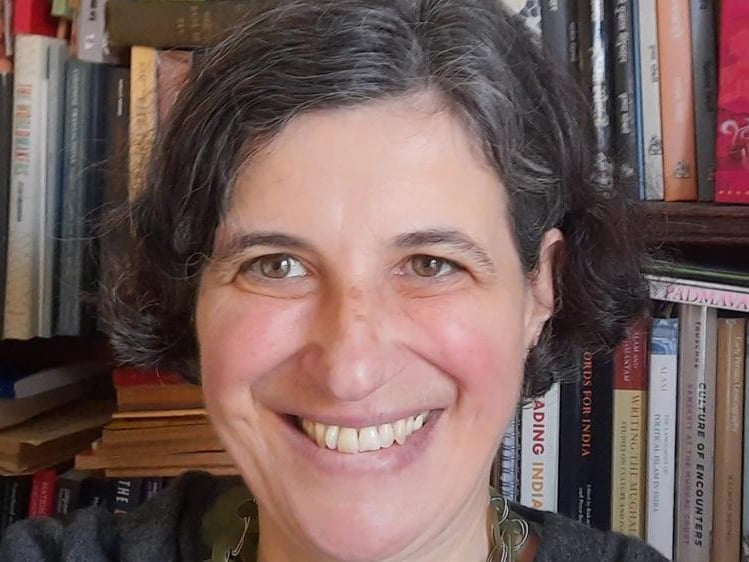












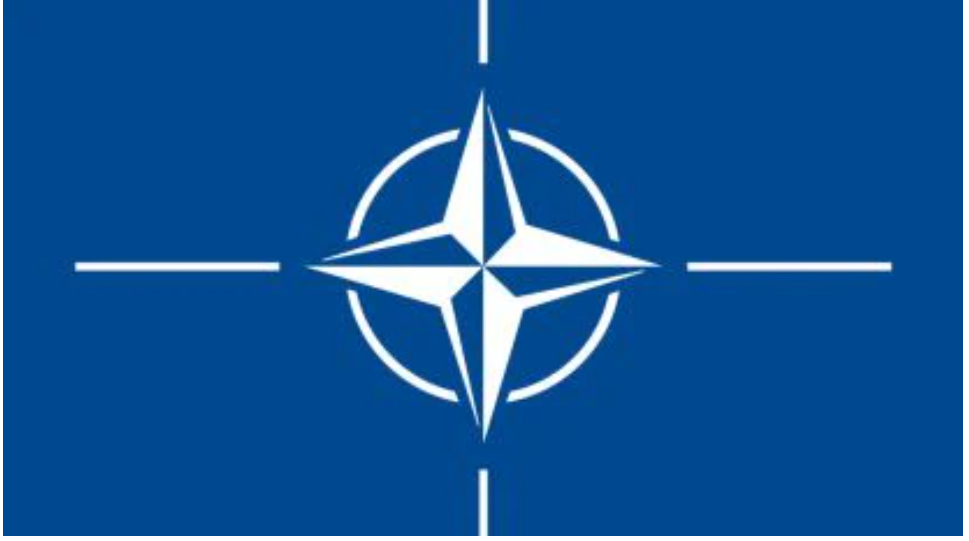




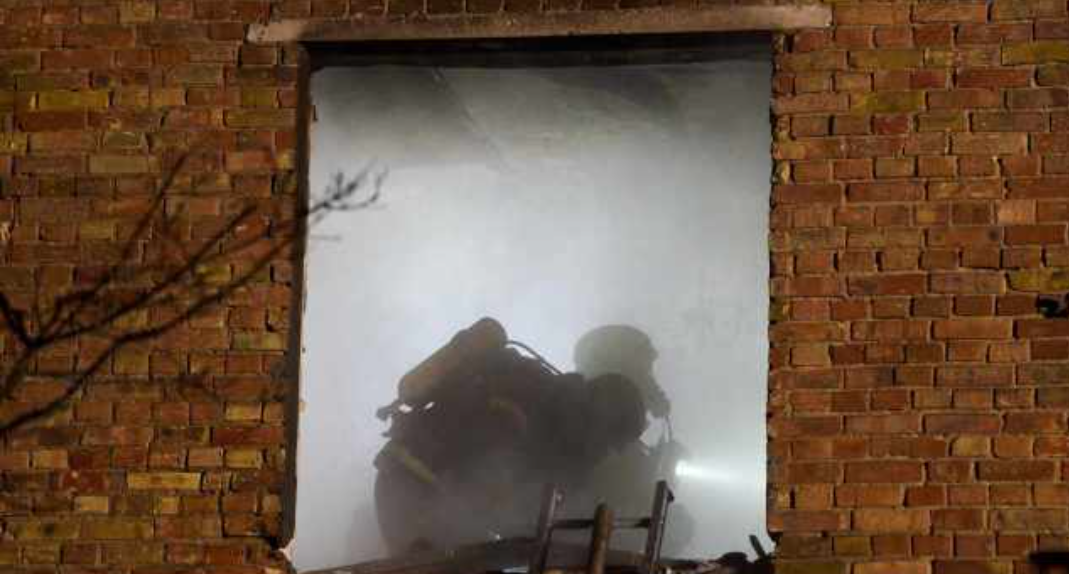
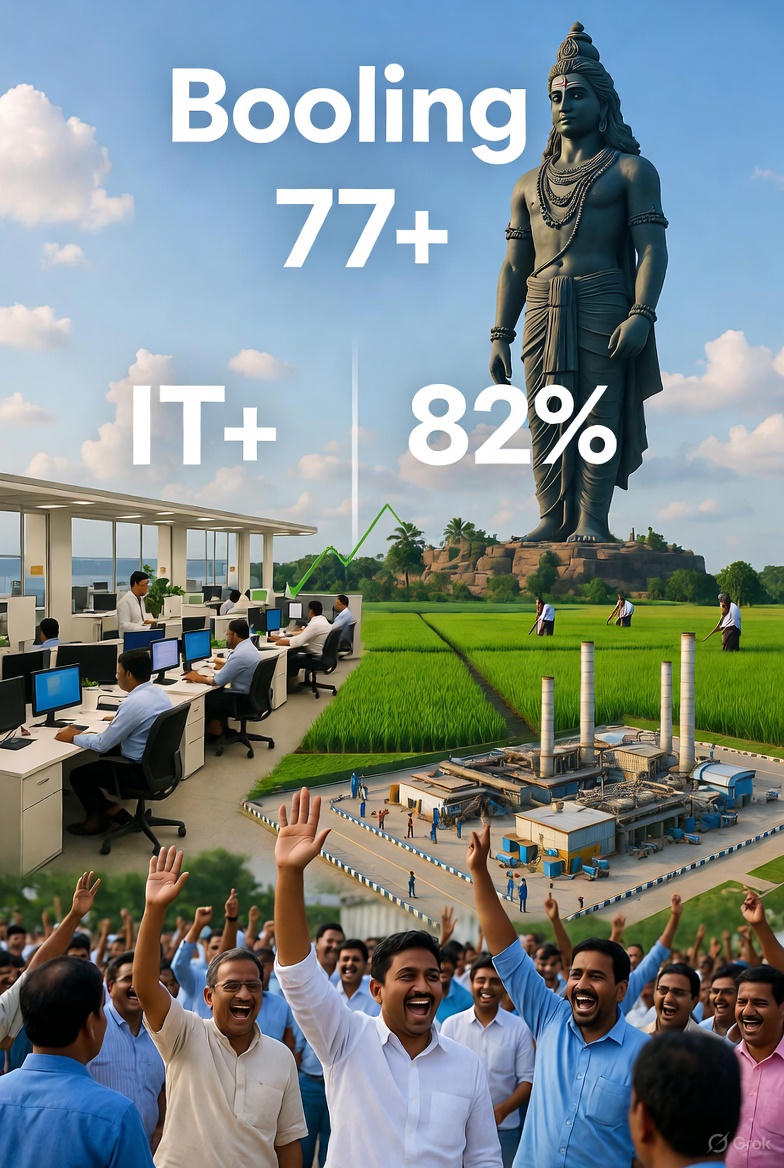






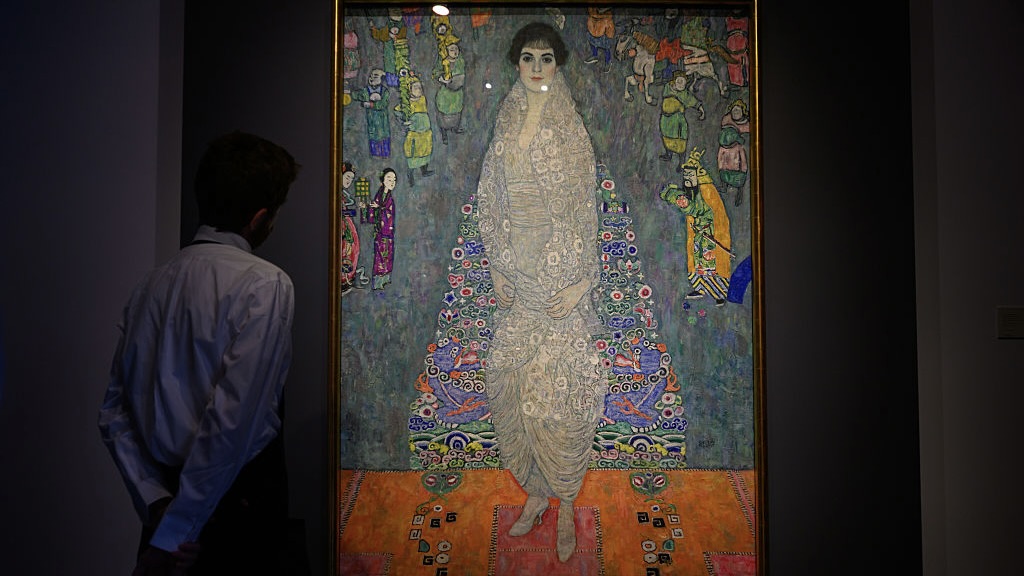





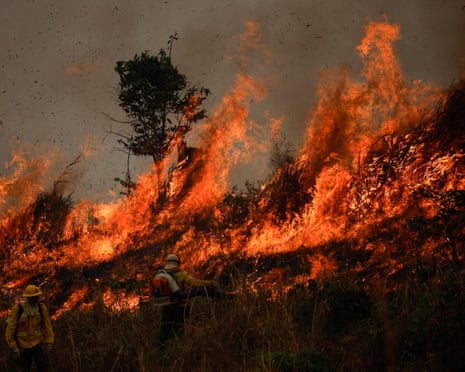
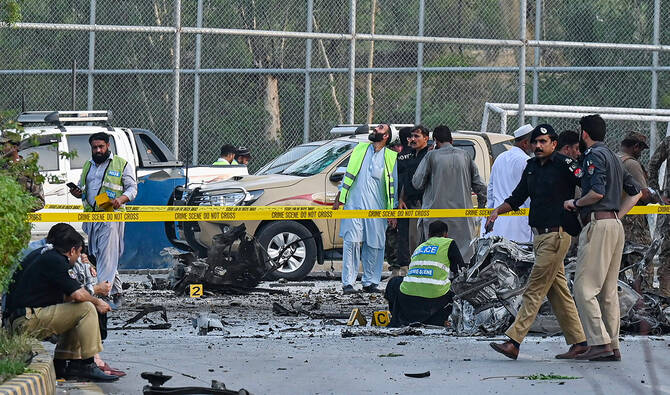


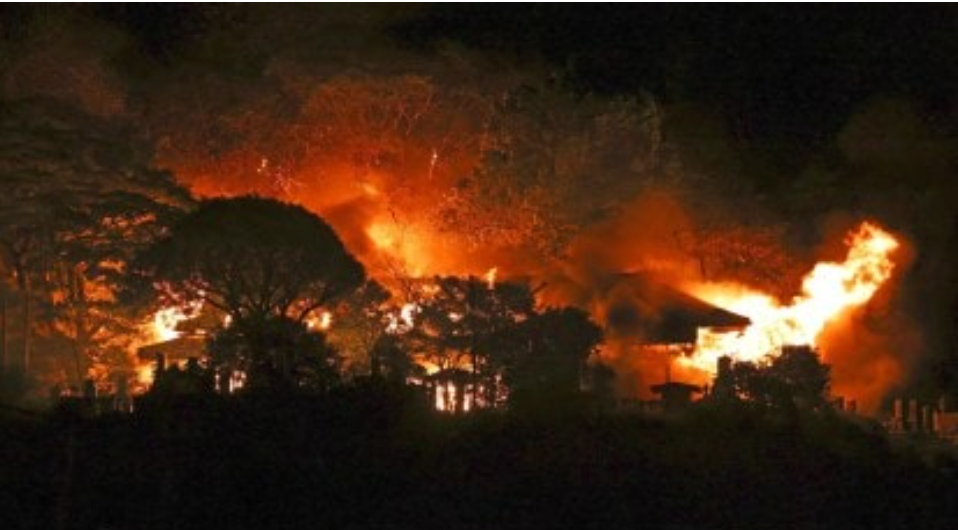
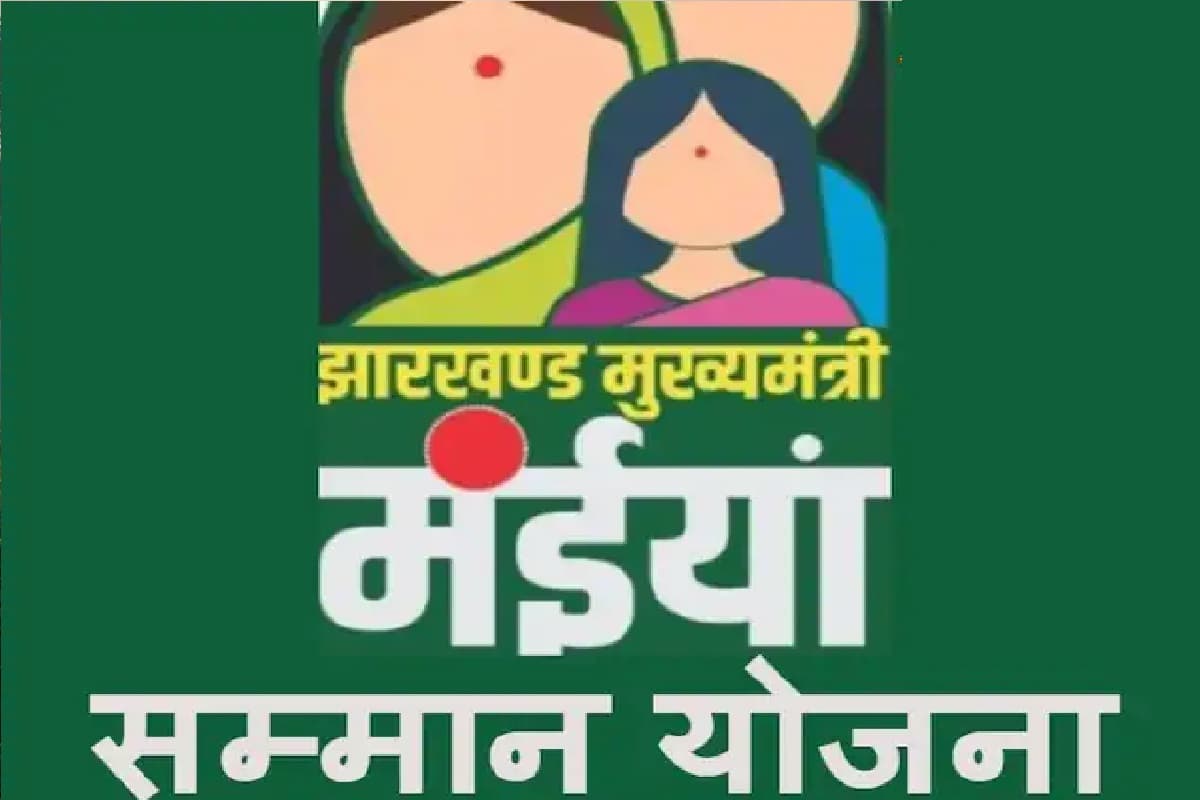

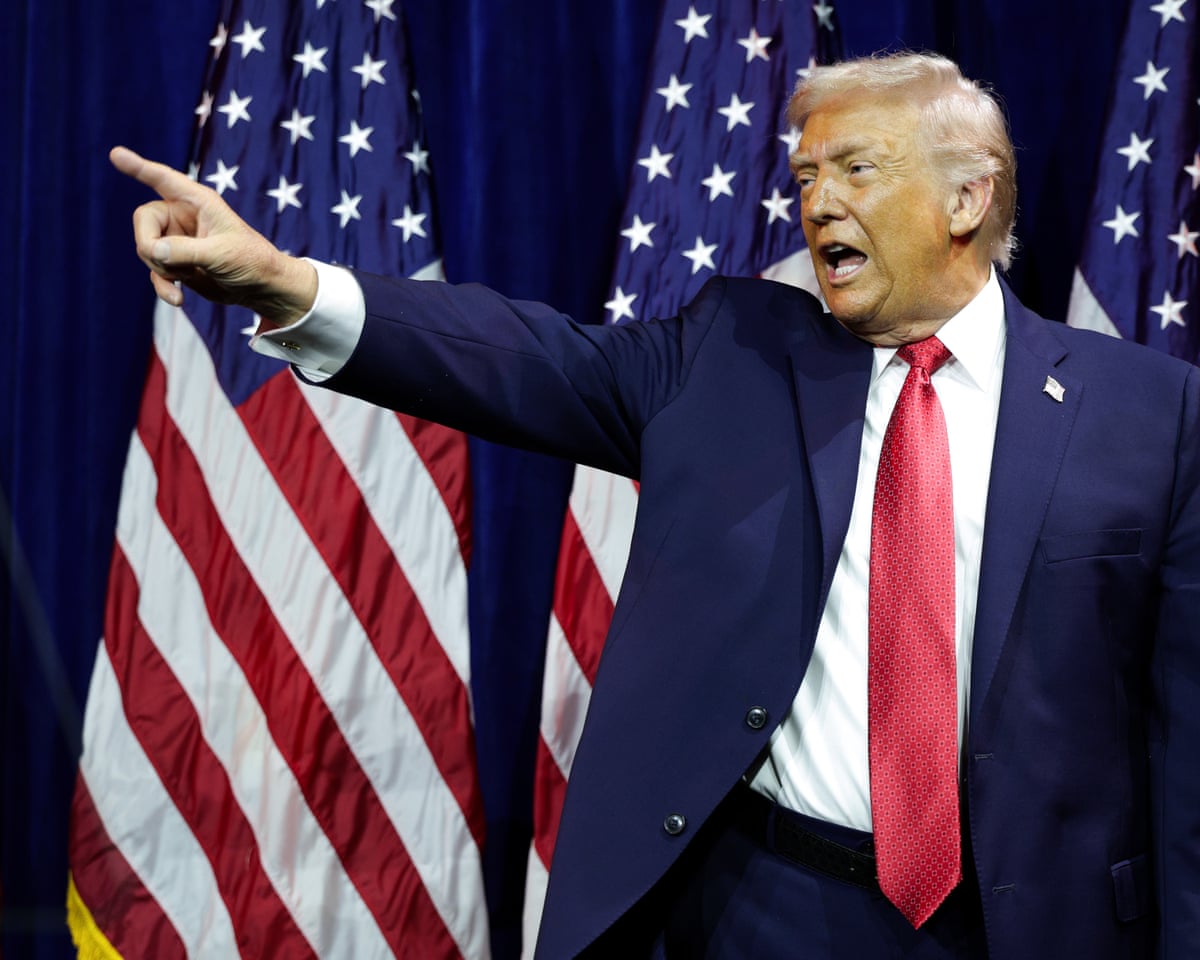

Leave a Reply